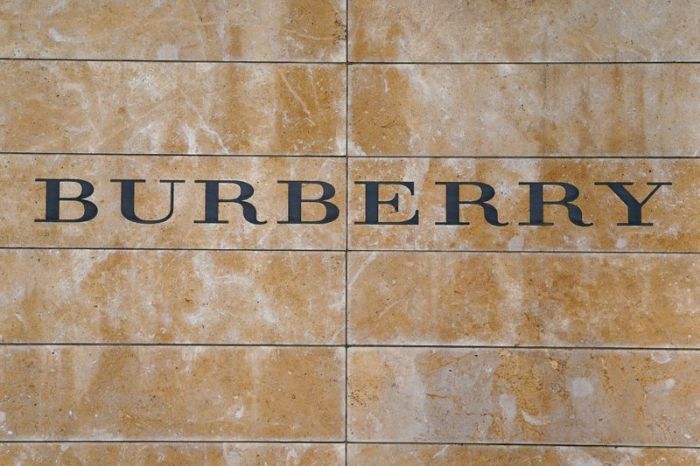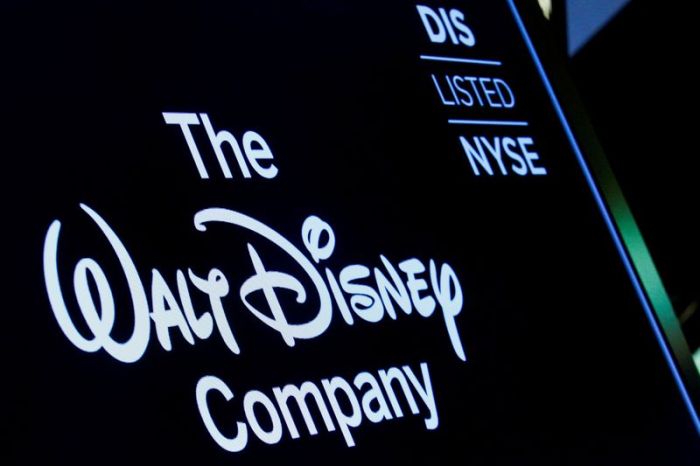By Christoph Steitz and Tom Käckenhoff
FRANKFURT/DUESSELDORF (Reuters) -RWE, Germany’s largest power producer, posted a 6% rise in nine-month core profit, thanks in part to the non-core coal business that has come under investor pressure as part of global efforts to cut carbon emissions.
In the first nine months of the year RWE’s adjusted earnings before interest, tax, depreciation and amortisation reached 2.4 billion euros ($2.8 billion), up from 2.3 billion euros in the same period last year.
Shares in the group were flat at 0937 GMT after rising as much as 2.9%.
Core profit at its nuclear and coal division, which RWE says is not part of its core renewables and trading business, nearly doubled in the period, boosted by higher wholesale margins for lignite generation.
RWE has grown into one of Europe’s top renewables players since a reorganisation of Germany’s energy sector and it continues to operate coal and nuclear-fired power stations, which are being phased out as part of the country’s energy shift.
Activist energy investor ENKRAFT has called on the company to separate its polluting lignite operations in a bid to cut emissions and remove a discount that has weighed on the stock as investors get more serious about dropping CO2-intense groups.
“RWE needs to sever ties with its lignite operations in order not to further hinder the future development of its core businesses,” said ENKRAFT, which holds more than 500,000 shares in the company.
“RWE’s Q3 results are yet another example of how its legacy operations mask the performance and development of its core businesses.”
RWE said it is on track to reach its goal of expanding green energy capacity to more than 13 gigawatts (GW) by 2022, with 3.8 GW currently under construction.
Lower average wind power volumes and the impact from a cold snap in Texas this year weighed on profits at RWE’s renewables businesses. At the group’s solar and wind operations, nine-month adjusted EBITDA was down 38%.
RWE, which is scheduled to hold a capital markets day on Nov. 15, confirmed its outlook, saying it still expects adjusted EBITDA of 3 billion to 3.4 billion euros and a dividend of 0.90 euros per share.
($1 = 0.8648 euros)
(Reporting by Christoph Steitz and Tom KaeckenhoffEditing by Maria Sheahan and David Goodman)

























